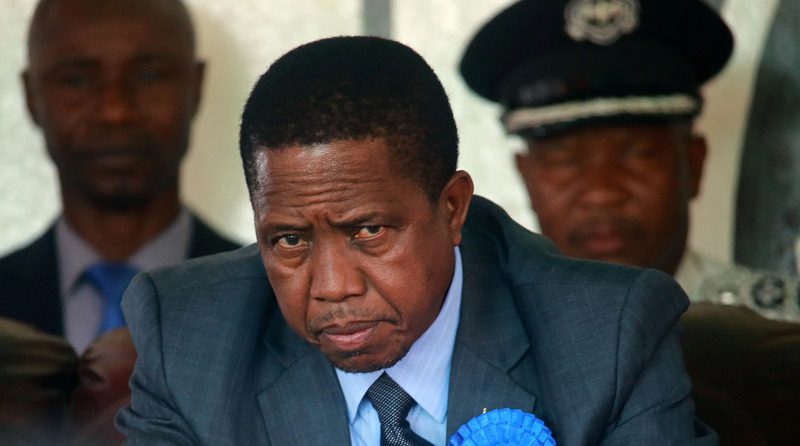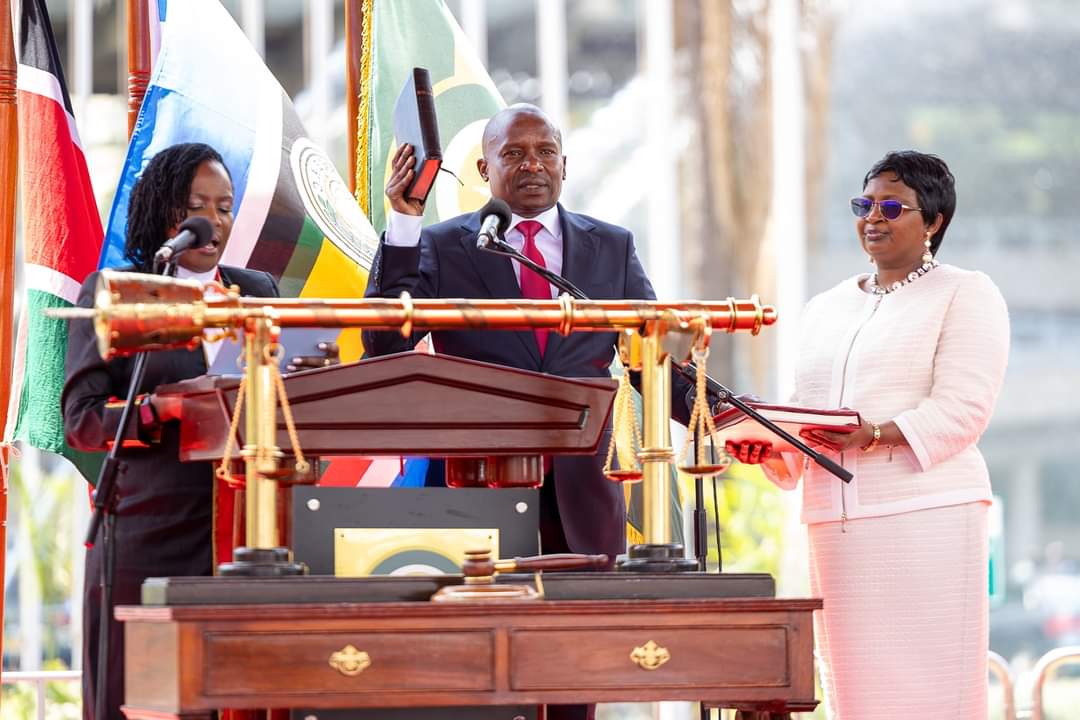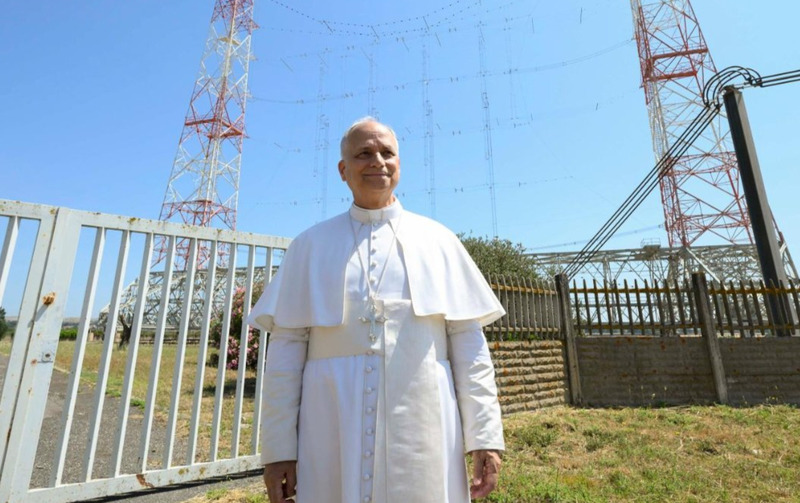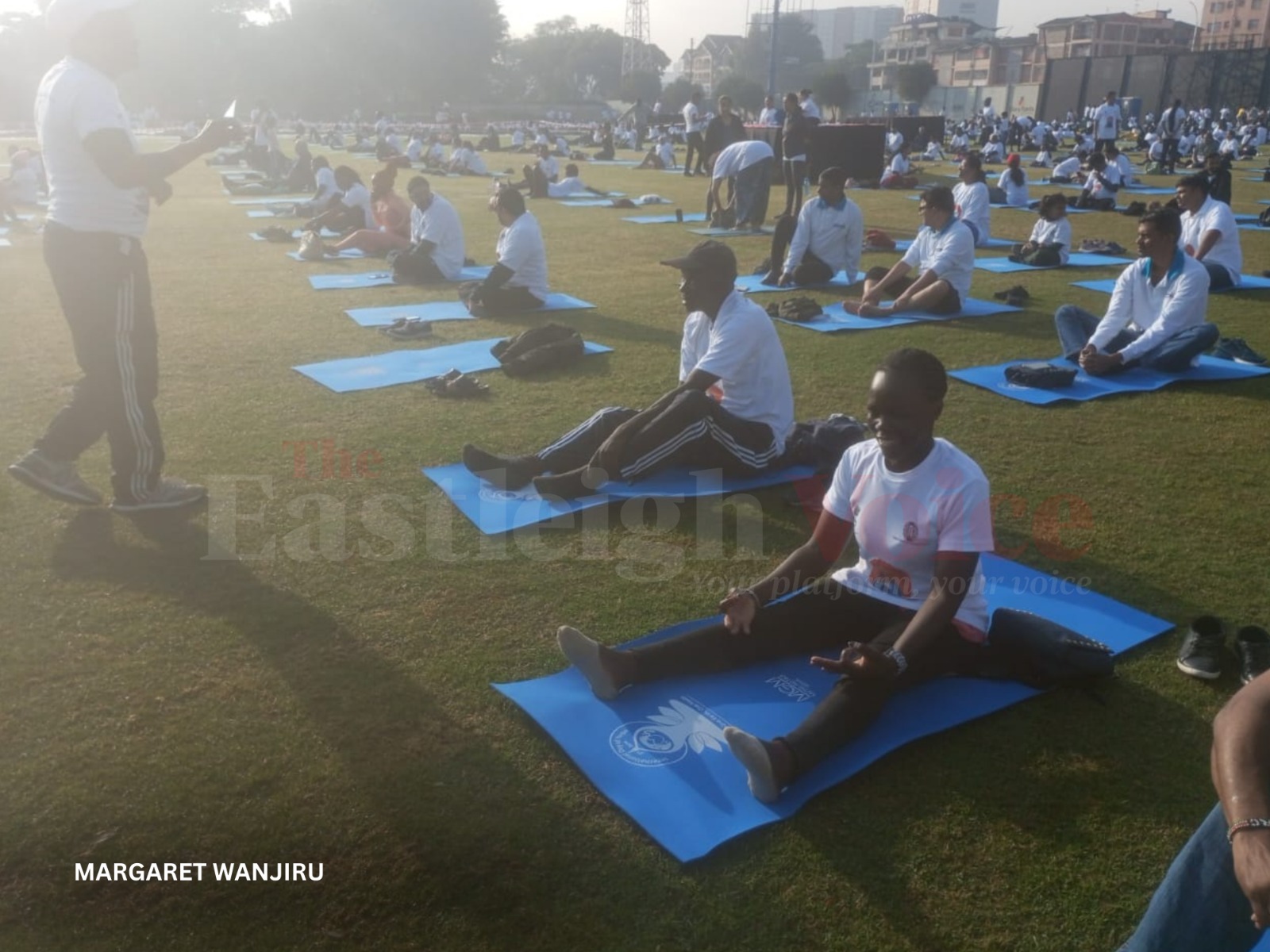Gen Z anti-tax demos dented Kenya’s GDP growth prospect for 2025 - IMF

Tthe IMF has lowered Kenya's GDP growth forecast for the country to 5.0 per cent.
Possible financial constraints arising from the rejection of the Finance Bill, 2024 could impact the country's GDP growth in 2025.
This is according to the International Monetary Fund (IMF) October 2024 sub-Saharan Africa economic outlook. In light of the challenge, the IMF has lowered the GDP growth forecast for the country to 5.0 per cent.
More To Read
- Charles Owino defends police, slams politicians over protest chaos
- Foreign direct investment inflows to developing nations fall to 18-year low, threatening job growth - report
- Bleak outlook as CBK reveals one in three firms won’t hire in 2025
- How Gen-Z protests forced National Treasury to cut Sh52 billion from budget
- State bows to Gen-Z pressure, goes slow on external borrowing to finance budget deficit
- From protests to the office: How Gen Z is reshaping Kenya’s work culture and social norms
The forecast is a downgrade from the previous projection in April when the economy was projected to expand at a pace of 5.3 per cent in 2025.
According to the lender, the anti-tax demos which amounts to social and political unrest, had been on a downward trend in sub-Saharan Africa and globally. However, this year saw a notable resurgence, with an example of Kenya's situation sometime in June.
"The macroeconomic impact of social unrest is potentially significant and long-lasting, especially in countries with limited policy space and weak institutions," IMF says.
"Episodes of major unrest on average reduce GDP by almost 1.5 per cent after one year, and on average, the effect persists for at least three years."
Further, the lender notes that the effect of unrest is twice as large in developing countries as in advanced economies.
"Conversely, there is no effect in countries with strong institutions."
The IMF explains that among the key drivers of social unrest that could have necessitated the June protests in Kenya include structural factors like poverty, low inclusion, limited access to basic services, perceptions of corruption, weak governance, a young population, digital and social media penetration, and high security risks.
Current macroeconomic factors, particularly high inflation (in both energy and overall prices), and a recent history of unrest substantially increase the likelihood of social unrest, it adds in part.
In the entire region, sub-Saharan Africa, the IMF projects a modest GDP growth increase to 4.2 per cent in 2025 from 3.6 per cent in 2024.
The lender, however, says the prospect is insufficient to significantly reduce poverty or address development challenges in the region.
This as it says countries in the region are currently trying to implement difficult and much-needed reforms to restore macroeconomic stability.
"Overall, internal and external imbalances have started to narrow, mainly reflecting policy adjustments, but the picture is varied," the report reads.
In their efforts to reduce these imbalances, IMF says policymakers face three main hurdles.
First, regional growth, at a projected 3.6 per cent in 2024, is generally subdued and uneven. Second, both domestic and external financing conditions continue to be tight. Third, the complex interplay of poverty, lack of opportunities, and weak governance.
This is compounded by rapid increases in the cost of living and short-term hardships linked to macroeconomic adjustment, fuelling social frustration and political pressures, making it increasingly challenging to implement reforms.
Top Stories Today













































